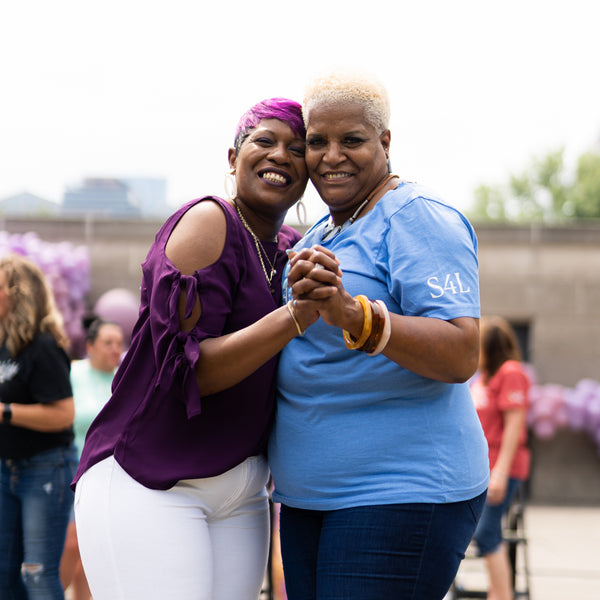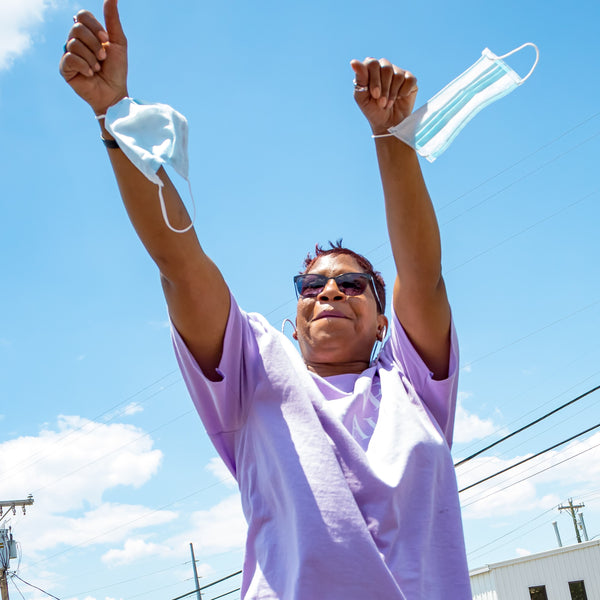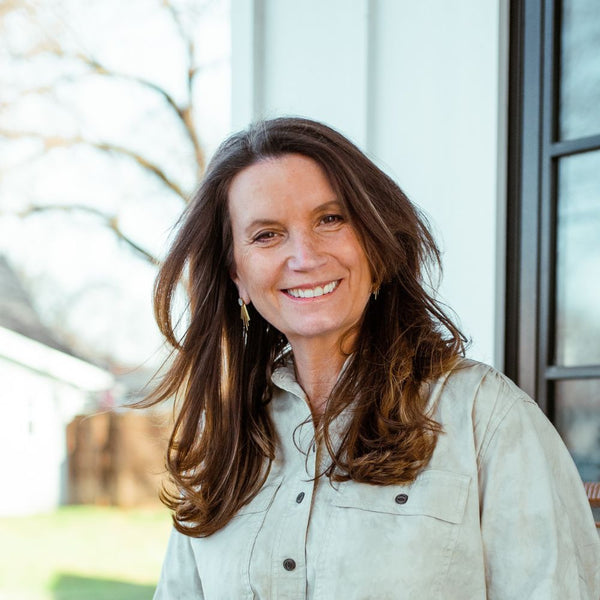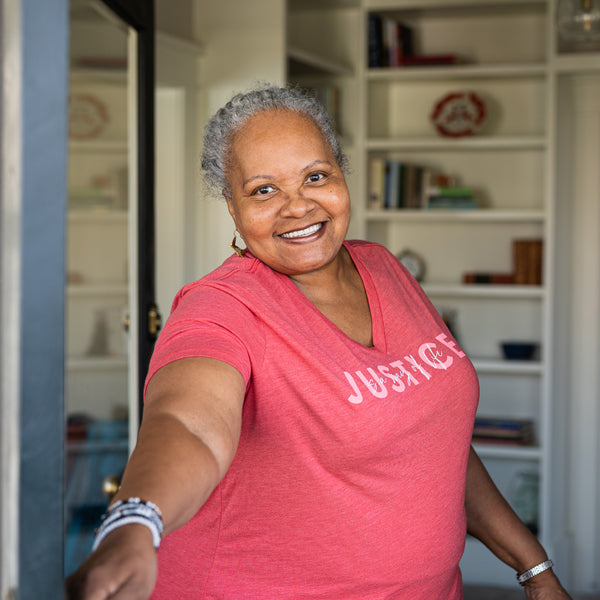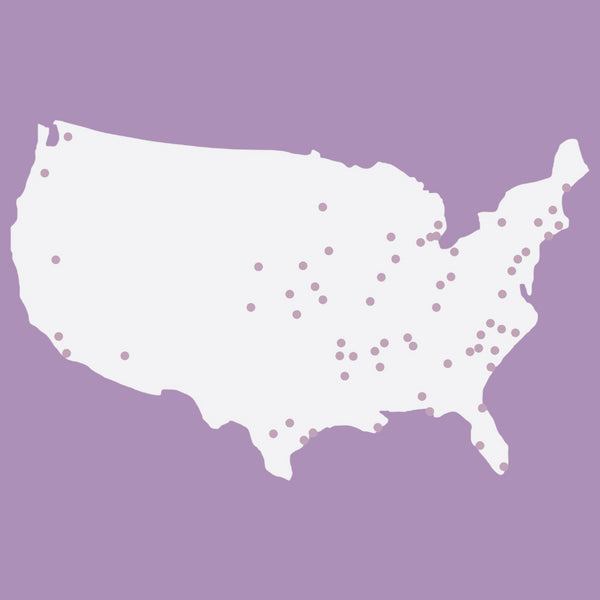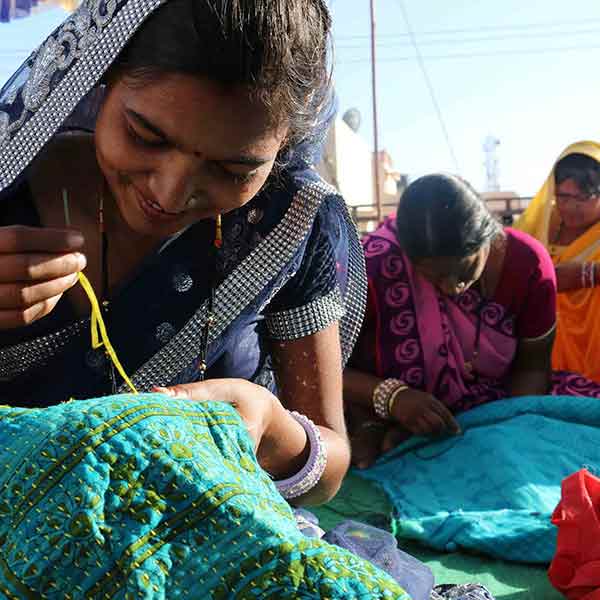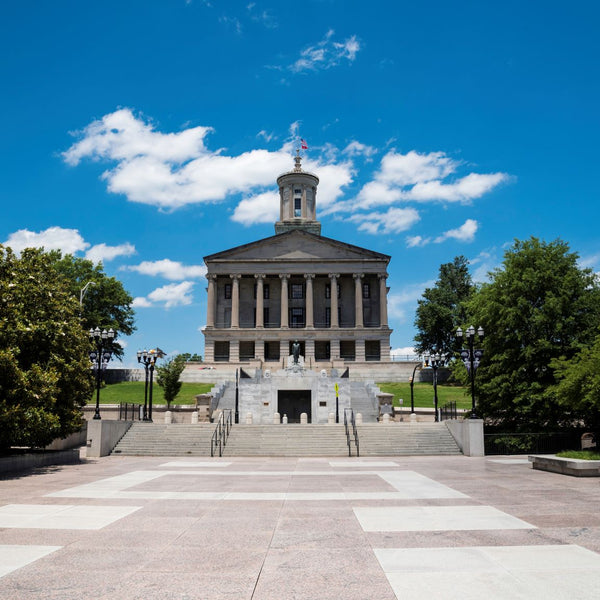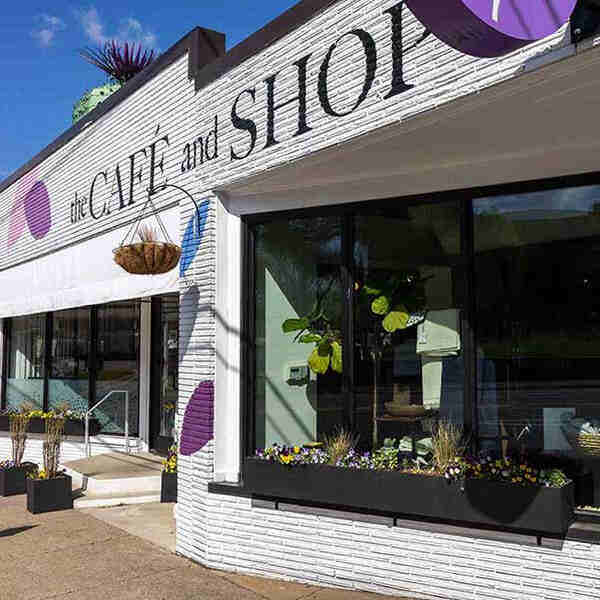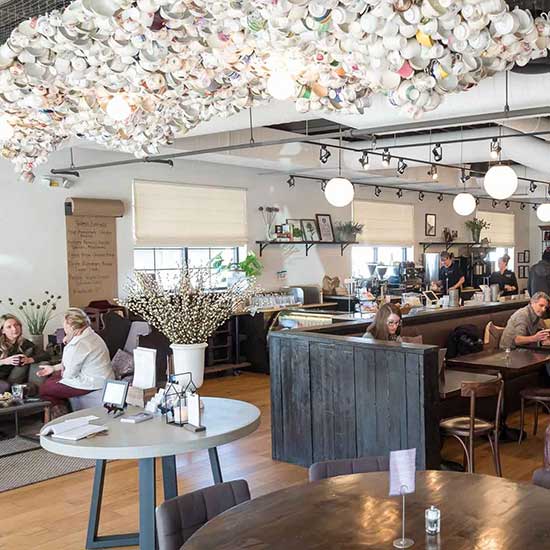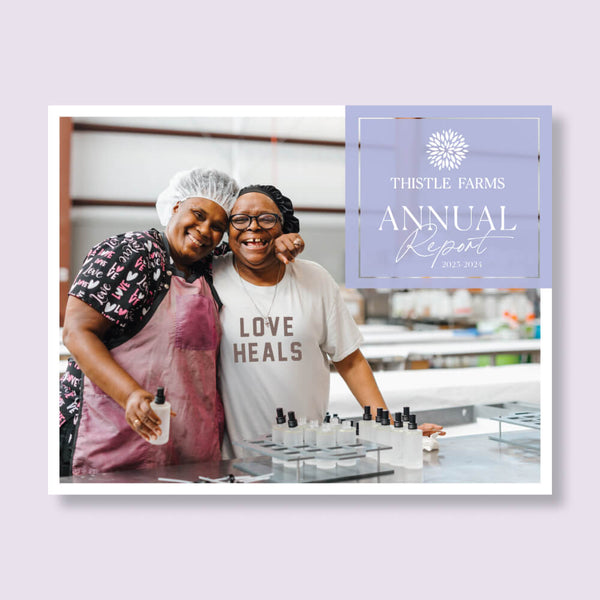
Thistle Farms Knows the Many Faces of Human Trafficking
Human Trafficking isn’t limited to the Hollywood portrayal of people being swept up into shipping containers or nabbed at airports to work in servitude.
That’s part of this issue, but there is a side of human trafficking many of us walk alongside every day without ever realizing. Most often, women are exploited by family members, friends, or intimate partners into trading their bodies for food, shelter, money, or drugs.
Many of the women we serve have experienced Traumatic Adverse Childhood Experiences (ACES). This often paves the way to homelessness, addiction, further abuse, incarceration, and increased vulnerability to being trafficked - all of which are often compounded by poverty and limited resources.
Most of the women we serve first experienced sexual abuse between ages 7-10, began using alcohol or drugs by age 13, and are first on the streets between the ages of 14 and 16.
Of the women Thistle Farms serves who have been trafficked and experienced the sex trade:
68%
Have a history of sexual abuse.
64%
Have experienced domestic violence.
63%
Have a history of addiction.
61%
Have a mental health diagnosis.

What is Sex Trafficking?
A form of human trafficking in which a person is compelled
to engage in the sex trade through force, fraud, or coercion.1
Traffickers often use threats of physical violence and subtle grooming techniques to wear away a person’s agency. Additional factors that can increase someone’s vulnerability to entering the sex trade include poverty, addiction, and marginalization.
All youth under 18 are considered trafficking victims under federal law. However, many states lack laws to prevent criminal justice agencies from prosecuting youth for prostitution, creating a dual victim-perpetrator status.
#7
Tennessee’s ranking in the U.S. for total prostitution arrests in 2018. (TBI)
1,235
Reported tips of suspected human trafficking in Tennessee in 2021. 4
65-96%
of those in prostitution were sexually assaulted as a child by an average of more than 4 perpetrators each.
85-95%
of those in prostitution would leave, but have limited to no alternatives open to them.

The Commercial Sex Trade Benefits From the Failure of Other Social Systems
These include systems of education, community development, child welfare, economies, housing, and public health.
For many girls and women who are trafficked, sexual exploitation and substance use are inextricably bound together with trauma. These life-altering events are not isolated 5. Each one accelerates the other, which creates a vicious cycle that is difficult to escape.
Like Domestic Violence, escaping the commercial sex trade can take multiple attempts before successfully leaving. That, combined with the early average age of entry means that many may have no education, no marketable skills, no job history, and no supportive relationships outside of prostitution6.
By addressing the root causes of commercial sexual exploitation and trafficking, we can change the systems that commoditize, criminalize, and abuse women.
2023 Legislative Priorities
In collaboration with members of the Tennessee General Assembly:
#1
Seek to amend the aggravated prostitution law to hold sex buyers accountable and create pathways to expungement for survivors who have been negatively impacted by this law.
#2
Work to enact a new law that will make it possible for survivors still in the sex trade to report violence and abuse against them or others without fear of arrest or prosecution
#3
Seek a resolution by Tennessee lawmakers to denounce non-victim-centered laws.
#4
Work to amend the solicitation law to increase accountability for sex buyers.
Product
Support survivors of human trafficking by spreading Awareness
Social Media Kit
Human trafficking and commercial sex trafficking can be an uncomfortable topic for discussion, but it's an important one to have. Sharing on social media is one of the easiest ways you can show your support this month. We invite you to click 'share' on any of the graphics below on your own platforms to help spread awareness and keep the conversation going.
